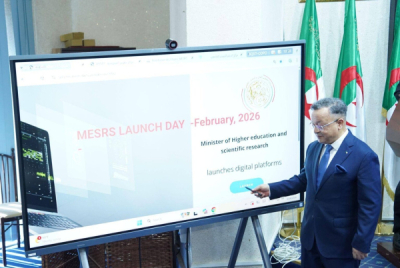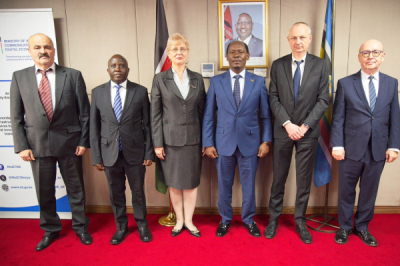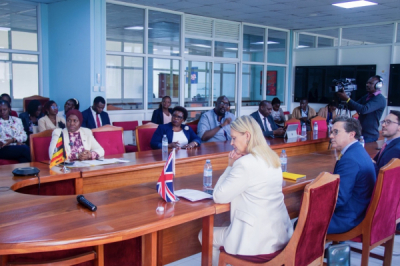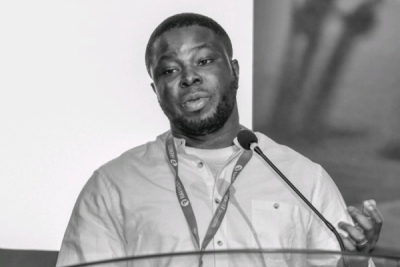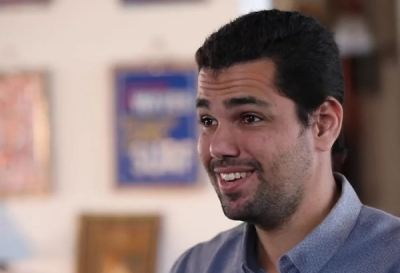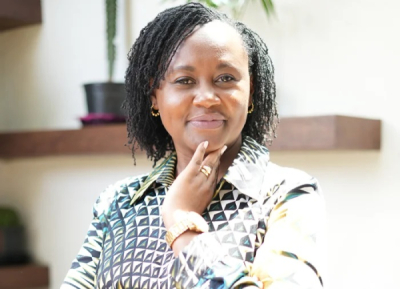The Malawi Digital Foundations Project lays the groundwork for inclusive economic growth, improved public service delivery, and digital equity in one of the world’s least-connected countries.
The Malawi Digital Foundations Project, carried out between 2017 and 2024 with support from the World Bank, has expanded access to high-speed, affordable internet across the country. According to a World Bank results brief published on June 23 titled Digitalizing Malawi to Improve Access to Education, Public Services, and Income Opportunities, the project benefited 8.5 million citizens—including many young people—as well as government institutions, businesses, and universities.
The project was launched to increase access to affordable, high-quality internet services for government, businesses, and citizens. It also aims to improve the government’s capacity to deliver digital public services.
According to the brief, the initiative has brought nearly 7 million new users online and improved speeds and affordability for 3 million existing users. Key infrastructure achievements include a new national data center, the Bomalathu data exchange platform, and expanded connectivity to over 600 government sites, including post offices, schools, and hospitals. The wholesale price of bandwidth dropped from $460/Mbit/s to below $10/Mbit/s, enabling more equitable access to digital services.
Additionally, 83,000 students across 81 higher institutions gained reliable internet through Malawi’s research and education network (MAREN), and 19,000 youths, including 10,000 women, received training in digital literacy and entrepreneurship at new tech hubs. Over 600 government sites were also connected, ensuring improved service delivery.
Building on these successes, a second phase of the project, known as the Digital Malawi Acceleration Project, was launched in November 2024. It aims to connect 2,000 schools, expand digital ID coverage, and support low-income households in acquiring affordable digital devices.
Supported by a $72.4 million World Bank IDA loan and technical grants, the project complements efforts by the IFC, UNDP, and Malawi Communications Regulatory Authority (MACRA) to expand competition, regulation, and data governance.
The project’s impact is reflected in national connectivity metrics. The number of internet users per 100 people rose from 17.6 in 2016 to 38.3 by mid-2022, far surpassing the initial target of 24.0, according to project data. This growth underscores how strategic investment in digital infrastructure can accelerate digital inclusion across underserved communities.
Hikmatu Bilali






